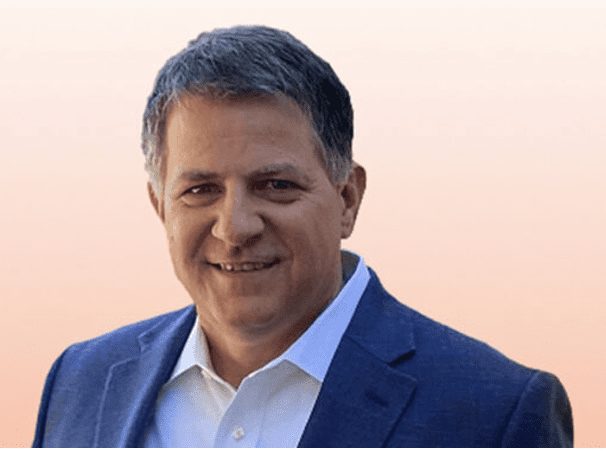
A fourth-generation member of the military, retired Air Force Maj. Gen. Albert “Buck” Elton has seen defense from the inside out. He’s served in a wide range of roles, from military pilot all the way to commanding general of Special Operations Joint Task Force – Afghanistan.
Now, Elton has signed on as a strategic adviser to Avantus Federal, a NewSpring Holdings Co., in support of the firm’s efforts to deliver critical technical capabilities to the warfighter.
WashingtonExec caught up with Elton to talk about the changing defense landscape and how the GovCon community can most effectively support the national security and intelligence community missions.
Based on your extensive military experience, what does the military need from the contractor community?
My combat deployments in Afghanistan in particular showed me just how valuable the contractors are to the mission. The most effective companies were the ones that were fully integrated with us. The collaborative relationships between the DOD elements and our contract partners were the best, most effective relationships.
In those relationships, the contractors aren’t just performing services based on their background, providing additional manpower. They are liaisons back to their home units or to their companies. They bring unique insight into what their companies can provide. You have a rapid turnover on the military side, and the contractors bring a much-needed sense of continuity.
What’s the biggest challenge facing the defense community today?
The nation is shifting away from 20 years of counterterrorism, nation-building and prolonged conflict. We are moving towards what the national defense strategy calls the “Great Power Competition.”
There is a lot of potential overlap between what we learned in the counterterrorism effort, and the new and emerging strategy. The challenge is to make sure that we don’t lose those relationships that we have developed, that we are able to apply the emerging technologies that are applicable to both of those different mission sets.
How does Avantus approach that problem?
As a mission-focused organization, Avantus specializes in data, cyber and space capabilities. We’ve done a tremendous amount of work supporting the national security landscape, with the intel community and [the Department of]Homeland Security, as well as different elements of defense, in the effort to leverage our domain and technical expertise, helping them to use data to execute on outcomes.
In terms of supporting the military’s strategic transition, we can help to drive the data engineering, the rapid deployment of data applications. That is what will help the military to make the shift, because it enables them to make sense of various data pools that are in different classifications or on different networks that don’t necessarily talk to each other. We can help to make that data useful, to apply augmented intelligence and machine learning in order to support better decision-making.
How will you personally be working in support of that effort?
With my recent extensive background in U.S. Special Operations Command, I can help to build a larger and lasting partnership between Avantus and SOCOM, as well as other military and intelligence organizations.
Trust and confidence are so important in that market. Military culture relies to some degree on a relationship of trusted partners, where there’s a shared awareness and a shared understanding of the direction you’re moving in. Because I know what the requirements are on the military side, and because I know the culture in Avantus, I think I can be a bridge to that.
Avantus leans heavily on what you’ve described as “integrated talent management.” How does that work and why does it matter?
It means that talent management is integrated into everything the company does. It’s about investing in employees — training and education, mentoring, career development. It’s about taking care of employees and developing the best employees possible in order to meet our customers’ needs.
In SOCOM, we would drive home the idea that people are more important than hardware. You have to invest in people in order to be successful with your mission. Before I came to Avantus, I didn’t really know that there were companies out there that also valued that approach with the same intensity.
How can DOD be working most effectively with its GovCon partners?
Defense needs to reach out to the commercial tech sector to leverage their innovations, because DOD just can’t innovate fast enough. They need to empower people at lower levels to make decisions, so that the organization can accept smart risks.
Defense can partner with industry to move fast on technology. That’s really the way to get the most value from their commercial tech partners.
What is the biggest business challenge facing Avantus and how are you responding?
It’s that same shift from counterterrorism to a Great-Power Competition. The environment is changing, and we need to be looking at how the military can best use our technologies to compete with countries like Russia and China. We are working to grow in those emerging areas. It’s a key opportunity for us.
What does this work mean to you personally?
It’s really about continued service to the nation. I decided early on that I was going to commit my career and in my life to military service. Now, as I’ve transitioned into this new environment, I have the ability to continue to serve — from a different perspective, and with a different approach.

